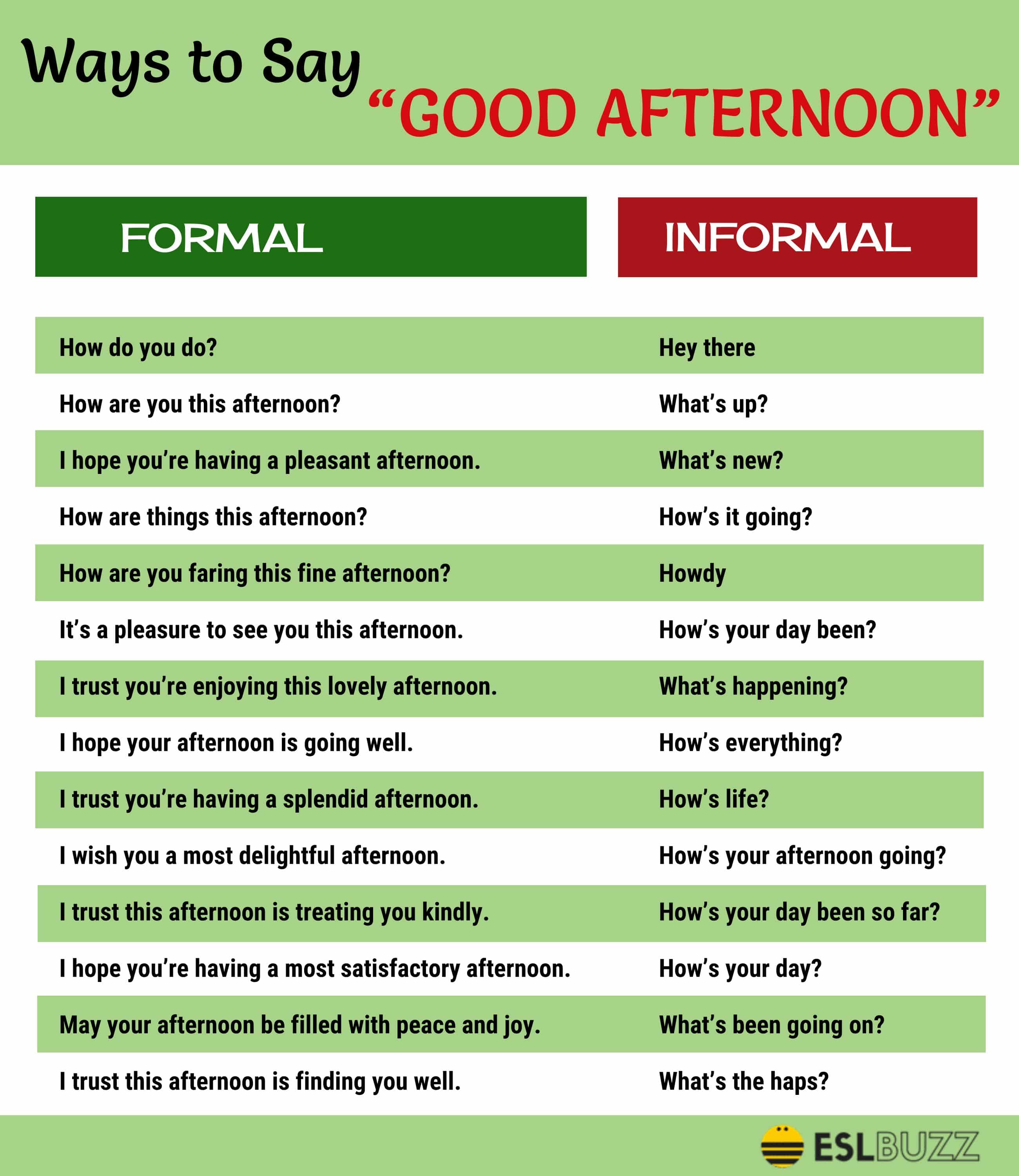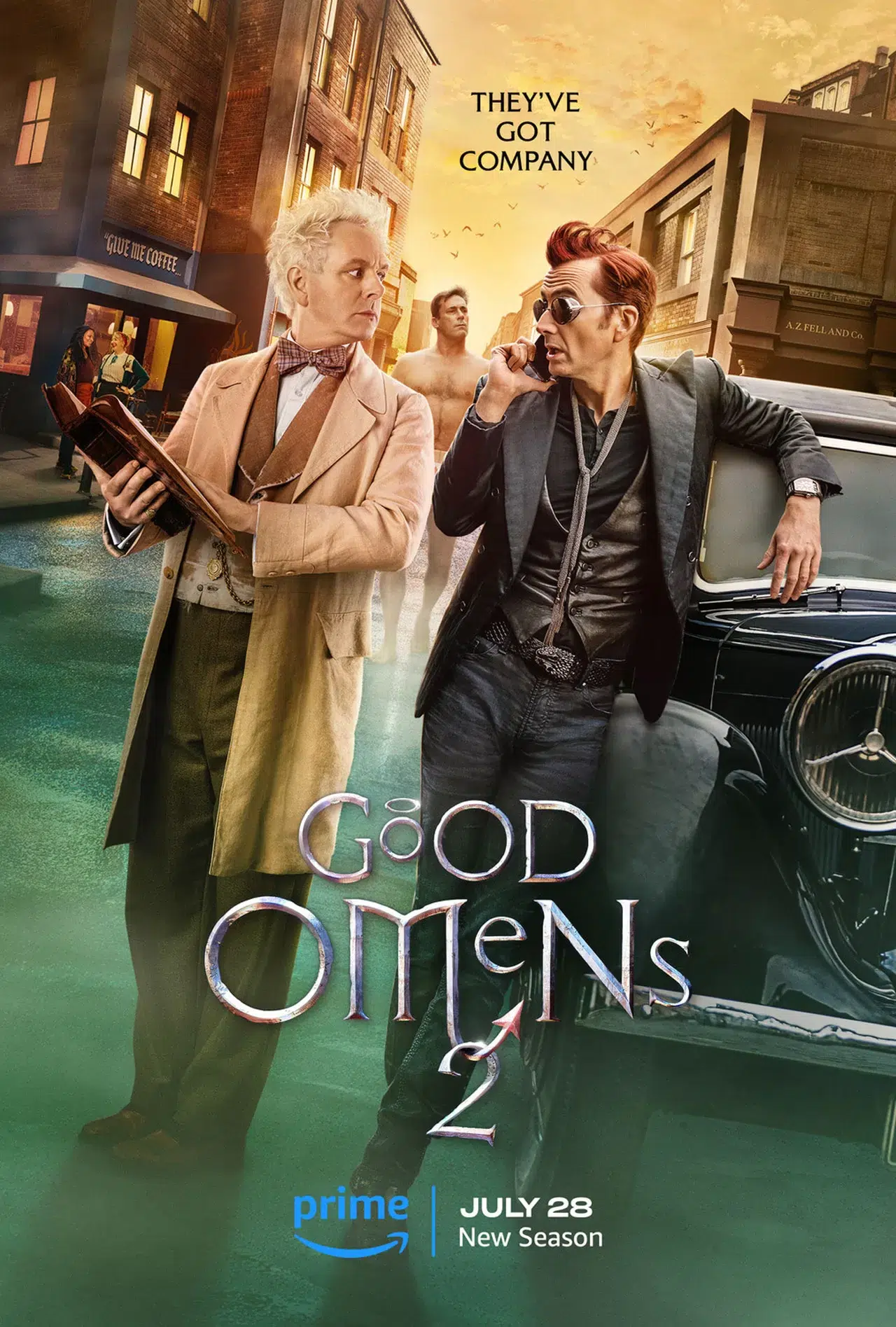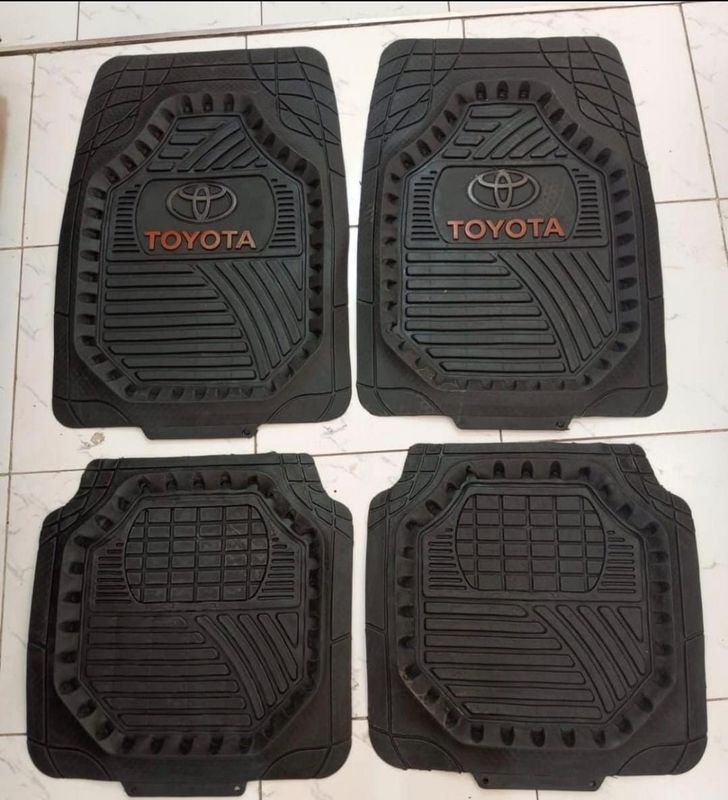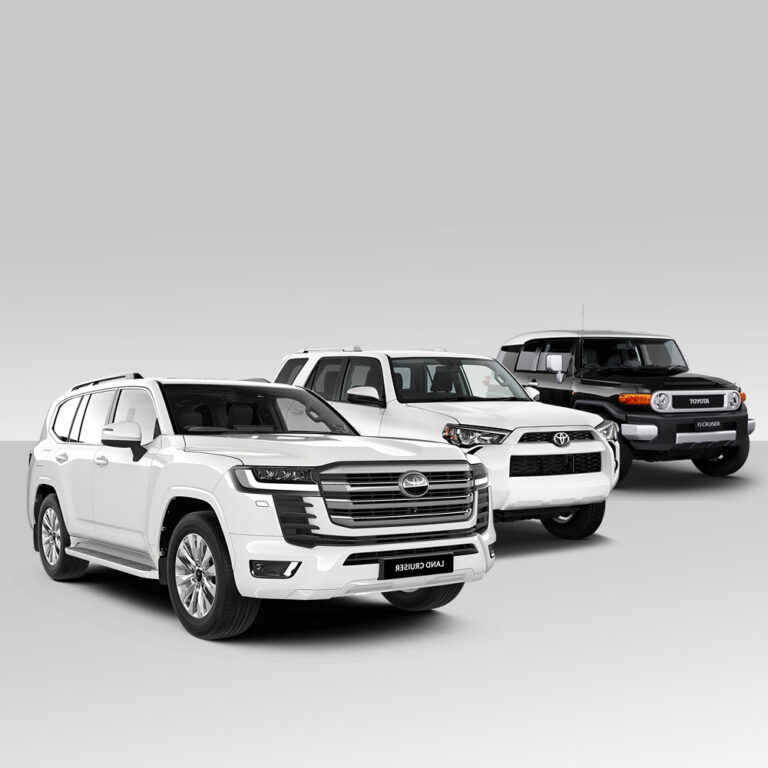Good Car Speaker Brands: A Comprehensive Guide to Elevating Your In-Car Audio Experience
Good Car Speaker Brands: A Comprehensive Guide to Elevating Your In-Car Audio Experience cars.truckstrend.com
The hum of the engine, the open road, and your favorite tunes—these are the ingredients for a perfect drive. But if your car’s factory-installed speakers are leaving your music sounding flat, muddy, or lifeless, you’re missing out on a truly immersive audio experience. Upgrading to good car speaker brands isn’t just about making your music louder; it’s about unlocking clarity, depth, and a dynamic range that transforms your daily commute into a private concert hall.
Good car speaker brands are those that consistently deliver superior sound quality, durability, and innovation, catering to a wide spectrum of audiophiles and casual listeners alike. They are engineered with advanced materials, precision components, and rigorous testing to reproduce sound faithfully, from the crisp highs of a cymbal crash to the deep, resonant throb of a bassline. This comprehensive guide will delve into the world of car audio, exploring what makes a speaker truly good, highlighting the top brands, and providing actionable insights to help you choose the perfect sound system for your ride.
Good Car Speaker Brands: A Comprehensive Guide to Elevating Your In-Car Audio Experience
Understanding the Anatomy of Good Car Speakers
Before diving into specific brands, it’s crucial to understand the fundamental components and specifications that define a quality car speaker.
Speaker Types: Coaxial vs. Component
- Coaxial Speakers (Full-Range): These are the most common type, housing all speaker elements (woofer, tweeter, and sometimes a mid-range) in a single unit. They are easier to install and more affordable, making them excellent direct replacements for factory speakers. Good coaxial speakers offer a significant upgrade in sound quality over stock units.
- Component Speakers: These systems separate the different speaker elements—woofers, tweeters, and external crossovers. This allows for optimal placement of each driver, leading to a superior soundstage, imaging, and overall clarity. Tweeters can be mounted higher, closer to ear level, for better sound directionality. Component systems are generally more expensive and complex to install but offer the best potential for audiophile-grade sound.

Key Speaker Specifications:
- RMS Power (Root Mean Square): This is the continuous power a speaker can handle reliably. It’s the most important power rating to consider when matching speakers to an amplifier or head unit.
- Peak Power: The maximum power a speaker can handle for very short bursts without damage. While impressive, it’s less critical than RMS power.
- Sensitivity (dB): Measures how efficiently a speaker converts power into sound. Higher sensitivity (e.g., 90dB+) means the speaker will play louder with less power, making it suitable for lower-powered factory head units.
- Frequency Response (Hz): The range of frequencies a speaker can reproduce, typically expressed as a low frequency to a high frequency (e.g., 50 Hz – 20,000 Hz). A wider range generally indicates a more capable speaker.
- Impedance (Ohms): The electrical resistance of the speaker, typically 4 ohms for car audio. It’s crucial to match the speaker’s impedance with your amplifier’s output capabilities.

Why Upgrade to Good Car Speaker Brands? The Benefits Unveiled

The advantages of investing in quality aftermarket car speakers extend far beyond mere volume:
- Superior Sound Quality: Experience crystal-clear highs, detailed mid-ranges, and punchy, articulate bass that stock speakers simply cannot deliver. Good speakers offer better fidelity, revealing nuances in your music you never knew existed.
- Enhanced Listening Experience: A well-designed speaker system creates a more immersive soundstage, making it feel like the music is coming from in front of you, rather than just from the doors. This creates a more engaging and enjoyable environment.
- Durability and Longevity: Aftermarket speakers from reputable brands are built with higher-quality materials and more robust construction, designed to withstand the harsh automotive environment (temperature changes, vibrations) far better than flimsy factory units.
- Better Power Handling: If you plan to add an aftermarket amplifier, good speakers are designed to handle more power without distorting, allowing you to crank up the volume without sacrificing sound quality.
- Personalization: Tailor your sound system to your specific musical tastes. Whether you crave booming bass, crisp vocals, or a balanced, natural sound, there’s a good speaker brand to match your preference.
The Elite Circle: Good Car Speaker Brands You Should Know
The market is flooded with car audio brands, but a select few consistently stand out for their innovation, sound quality, and reliability. Here are some of the most respected names in the industry:
1. JBL
- Reputation: Part of the Harman International family (along with Infinity), JBL is a household name in audio. They offer a vast range of speakers, from affordable upgrades to high-end audiophile components.
- Known For: Strong, punchy bass, clear highs, and excellent overall value. Their Plus One+ woofer cones offer more surface area for improved bass response.
- Target User: Anyone looking for a noticeable upgrade over stock speakers without breaking the bank, with options for serious enthusiasts.
2. Infinity
- Reputation: Another Harman brand, Infinity speakers are known for their efficiency and crisp, detailed sound.
- Known For: High sensitivity (meaning they play louder with less power), making them ideal for upgrading factory systems without needing an external amplifier immediately. Patented Plus One+ cones and textile dome tweeters deliver clear and accurate sound.
- Target User: Those seeking efficient speakers for a factory head unit or a balanced, accurate sound profile.
3. Pioneer
- Reputation: A cornerstone of car audio for decades, Pioneer offers a massive catalog of products, from budget-friendly options to premium audiophile gear.
- Known For: Reliability, consistent performance, and a wide range of products catering to every budget and need. Their speakers often deliver a well-balanced sound.
- Target User: From entry-level upgrades to advanced setups, Pioneer has something for everyone.
4. Kenwood
- Reputation: Similar to Pioneer, Kenwood is a long-standing and respected name in car audio, known for its value and dependable performance.
- Known For: Good sound quality for the price, robust build, and often excellent compatibility with factory systems. They offer a solid upgrade path.
- Target User: Budget-conscious buyers looking for a reliable and noticeable improvement over stock speakers.
5. Rockford Fosgate
- Reputation: Synonymous with powerful bass and high-performance audio, Rockford Fosgate is a favorite among SPL (Sound Pressure Level) enthusiasts and bass heads.
- Known For: Durability, high power handling, and producing speakers that can get very loud with deep, impactful bass. Their Punch and Power series are legendary.
- Target User: Those who want to feel the bass and demand high power output from their system.
6. Kicker
- Reputation: Known for their "Live Loud" philosophy, Kicker specializes in powerful, dynamic sound, particularly strong bass.
- Known For: Robust construction, excellent bass response even from smaller speakers, and high efficiency. They are a popular choice for those wanting a significant bass improvement without necessarily adding a subwoofer immediately.
- Target User: Bass enthusiasts and those looking for a lively, impactful sound.
7. Alpine
- Reputation: A premium brand known for high-fidelity sound, innovative technology, and integrated system solutions.
- Known For: Clean, accurate sound reproduction, excellent imaging, and a focus on clarity. Their R-Series and S-Series speakers are highly regarded.
- Target User: Audiophiles and those willing to invest in a more refined and detailed listening experience.
8. JL Audio
- Reputation: Widely regarded as one of the elite high-end car audio brands, JL Audio is a benchmark for quality and performance.
- Known For: Exceptional bass response (even from their mid-range drivers), incredible clarity, and precise sound reproduction across the entire frequency spectrum. Their component systems are truly outstanding.
- Target User: Serious audiophiles and those who demand the absolute best in sound quality, willing to pay a premium.
9. Focal
- Reputation: A French company celebrated for its artisanal approach to speaker design, producing some of the finest home and car audio speakers globally.
- Known For: Unparalleled detail, natural timbre, expansive soundstage, and exquisite craftsmanship. Their Flax cone technology and inverted dome tweeters are distinctive.
- Target User: Discerning audiophiles seeking a truly high-fidelity, nuanced, and detailed listening experience, regardless of cost.
10. Hertz
- Reputation: An Italian brand known for its high-performance car audio components, focusing on power, dynamics, and refined sound.
- Known For: Excellent power handling, robust build quality, and a dynamic, engaging sound signature that handles various music genres with ease.
- Target User: Enthusiasts looking for powerful, yet articulate, speakers that perform exceptionally well with aftermarket amplification.
Choosing the Right Good Car Speaker Brand: Practical Advice
Selecting the best speakers for your car involves more than just picking a top brand. Consider these factors for an optimal decision:
-
Vehicle Compatibility:
- Size: Measure the speaker cutouts in your doors, dash, and rear deck. Common sizes include 6.5", 6×9", 5.25", and 4".
- Mounting Depth: Ensure the new speaker’s depth won’t interfere with window mechanisms or door panels.
- Speaker Adapters: You might need mounting brackets or wiring harnesses specific to your vehicle.
-
Power Matching:
- Factory Head Unit: If you’re keeping your factory radio, choose speakers with high sensitivity (90dB+) and moderate RMS power handling (e.g., 20-50 watts RMS). Brands like Infinity and JBL are great for this.
- Aftermarket Head Unit/Amplifier: If you have or plan to add an amplifier, look for speakers with higher RMS power handling (e.g., 50-150 watts RMS or more) to truly leverage the amplifier’s power. Brands like Rockford Fosgate, Kicker, Alpine, JL Audio, Focal, and Hertz shine here.
-
Sound Preference:
- Bass-Heavy: Kicker, Rockford Fosgate, JBL.
- Balanced/Natural: Pioneer, Kenwood, Alpine.
- Detailed/Audiophile: JL Audio, Focal, Hertz, higher-end Alpine.
- Bright/Clear: Infinity, some JBL models.
- Listen if Possible: If a local car audio shop allows, listen to different brands and types of speakers to hear the difference.
-
Budget:
- Set a realistic budget. Remember that installation costs, sound deadening, and potentially an amplifier or subwoofer might add to the overall expense.
- Entry-level upgrades (coaxial): $50-$150 per pair.
- Mid-range (better coaxial/entry component): $150-$300 per pair.
- High-end (premium component): $300-$1000+ per pair.
-
Installation:
- DIY: Coaxial speakers are generally straightforward to install for the mechanically inclined.
- Professional: Component systems, especially those requiring custom tweeter mounts or extensive wiring, are often best left to experienced installers to ensure optimal performance and avoid damage.
Maximizing Performance and Addressing Challenges
Even the best speakers can underperform if not installed and optimized correctly.
- Sound Deadening: Applying sound deadening material to your car doors and panels drastically improves speaker performance by reducing vibrations, preventing sound waves from escaping, and creating a more solid enclosure for the speaker. This is arguably as important as the speakers themselves.
- Proper Wiring: Use high-quality, appropriately gauged speaker wire to ensure maximum power transfer and minimal signal loss.
- Amplification: While some good speakers perform well with factory head units, an external amplifier unlocks their full potential, providing cleaner power and greater dynamic range.
- System Tuning: A professionally tuned system, often using a Digital Signal Processor (DSP), can optimize the sound for your specific car’s acoustics, correct frequency responses, and set proper crossovers.
- Matching Components: Ensure your speakers, amplifier, and head unit are all compatible and work together synergistically. A weak link in the chain will degrade the overall sound.
Potential Challenges & Solutions:
- Distortion: Often caused by underpowering (clipping from the head unit) or overpowering (too much gain on the amplifier). Solution: Match RMS power correctly, use a clean power source, or lower volume/gain.
- Lack of Bass: Small speakers can only do so much. Solution: Add a subwoofer, ensure proper speaker sealing and sound deadening, or choose speakers known for strong bass response.
- Poor Soundstage/Imaging: Tweeter placement is critical. Solution: Opt for component speakers with flexible tweeter mounting options, or consult a professional installer for optimal positioning.
- Installation Difficulties: Removing door panels, running wires, and custom mounting can be daunting. Solution: Watch detailed video tutorials, invest in proper tools, or hire a reputable car audio shop.
Price Table: Good Car Speaker Brands (Estimated Ranges)
Note: Prices are highly variable based on speaker size, series (entry-level, mid-range, high-end), specific model, retailer, and promotional offers. These are general estimated price ranges for a pair of coaxial or component speakers in USD.
| Brand | Typical Price Range (Pair, USD) | Key Features / Known For | Target User |
|---|---|---|---|
| Pioneer | $60 – $350 | Reliable, balanced sound, wide range, good value | All-round upgrades, budget-conscious |
| Kenwood | $50 – $250 | Good value, clear sound, dependable | Entry-level to mid-range upgrades, factory radios |
| JBL | $70 – $400 | Strong bass, clear highs, efficient, great value | General upgrades, good with factory or amplified |
| Infinity | $80 – $450 | High sensitivity, crisp detail, efficient | Factory radio upgrades, balanced sound |
| Rockford Fosgate | $100 – $600+ | Powerful, high SPL, durable, deep bass | Bass heads, high-power systems |
| Kicker | $90 – $500+ | Dynamic, impactful bass, robust build, efficient | Lively sound, bass enthusiasts |
| Alpine | $120 – $700+ | Clean, accurate, high-fidelity, premium feel | Audiophiles, detailed sound seekers |
| JL Audio | $200 – $1200+ | Elite clarity, exceptional bass, precision sound | Serious audiophiles, top-tier performance |
| Focal | $300 – $2000+ | Unparalleled detail, natural timbre, high-end craftsmanship | Discerning audiophiles, ultimate fidelity |
| Hertz | $250 – $1000+ | Dynamic, powerful, refined sound, excellent power handling | Enthusiasts, amplified systems, balanced power |
Frequently Asked Questions (FAQ) about Good Car Speaker Brands
Q1: Do I need an amplifier for aftermarket speakers?
A1: Not always, but it’s highly recommended for optimal performance. Many good aftermarket speakers have higher RMS power handling than a factory head unit can provide. While they will play louder than stock speakers, an amplifier will deliver cleaner power, prevent distortion, and unlock the speaker’s full dynamic potential.
Q2: What’s the difference between coaxial and component speakers?
A2: Coaxial (full-range) speakers combine all sound drivers (woofer, tweeter, etc.) into one unit, making them easy to install. Component speakers separate the drivers (woofer, tweeter, external crossover), allowing for better placement and a superior soundstage, though they are more complex to install.
Q3: How much should I spend on car speakers?
A3: This depends entirely on your budget and desired sound quality. For a noticeable upgrade, expect to spend $100-$300 per pair. Audiophile-grade systems can run into the thousands. Consider your overall budget, including installation and potential additional components like amplifiers or sound deadening.
Q4: Can I install car speakers myself?
A4: Yes, coaxial speaker installation is a common DIY project, often involving removing door panels, unscrewing old speakers, and connecting new ones. Component systems or more complex setups (with amplifiers or custom mounting) may be better handled by a professional installer to ensure proper wiring, tuning, and optimal performance.
Q5: What is speaker sensitivity and why is it important?
A5: Sensitivity (measured in dB) indicates how loud a speaker will play with a given amount of power. A higher sensitivity rating means the speaker requires less power to produce sound, making it a good choice for cars running on low-powered factory head units. Speakers with lower sensitivity typically require more power (and thus an amplifier) to perform well.
Q6: Is sound deadening really necessary?
A6: While not strictly "necessary" to make speakers work, sound deadening is highly recommended. It significantly improves speaker performance by reducing vibrations, preventing sound from escaping the door, and creating a more stable, acoustically optimized environment for the speaker to perform. It makes even good speakers sound great, and great speakers sound phenomenal.
Conclusion: Your Journey to Superior Sound
Choosing good car speaker brands is the cornerstone of building an exceptional in-car audio system. It’s an investment in your daily driving enjoyment, transforming mundane commutes into engaging musical journeys. By understanding the basics of speaker technology, recognizing the strengths of reputable brands like JBL, Infinity, Pioneer, Alpine, JL Audio, and Focal, and applying practical considerations for compatibility and installation, you can make an informed decision that truly elevates your audio experience.
Remember, the "best" speaker isn’t always the most expensive; it’s the one that best suits your vehicle, your listening preferences, and your budget. Take the time to research, compare, and if possible, listen. With the right good car speaker brands, your car won’t just take you places—it will transport you into the heart of your favorite music.




